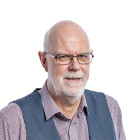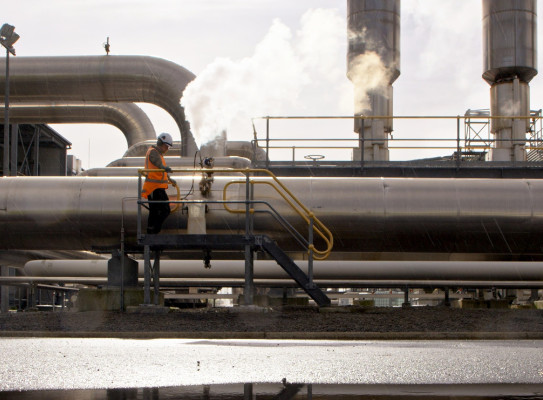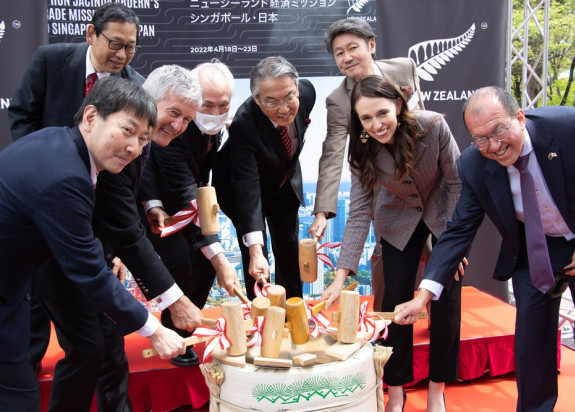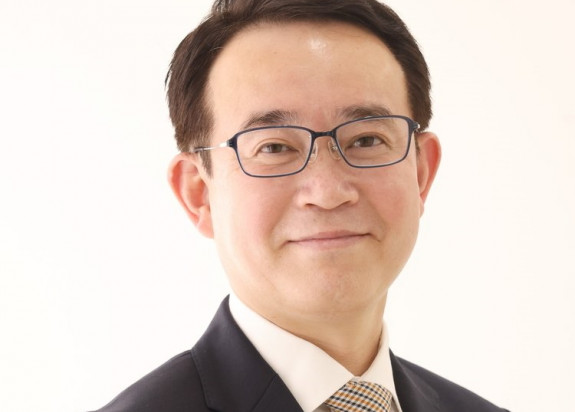
John Burnell Geothermal Modeller
John is a numerical modeller who has over 30 years experience working on a wide range of energy related projects. His main focus is geothermal reservoir modelling, undertaking both research and consulting. He has developed models of geothermal systems throughout the world, for both consenting purposes and resource planning. He has worked on models of: Ngawha, Wairakei, Rotokawa, Rotorua, Tauhara, Kawerau, Mokai, (New Zealand), Mt Apo, Bacman (Philippines), Kakkonda, Uenotai, Sumikawa (Japan), and Luiese (Papua New Guinea). He has long-standing involvement in the resource consent process in New Zealand, both developing models to assess environmental impacts and appearing as an expert witness at consent hearings. He is able to develop new software for solving modelling problems, and is the developer of a commercially available Tough2 pre-processor. John is currently the NZ convener of the IPGT Reservoir Modelling Group, and has served on the NZ Geothermal Association Board. In addition to geothermal modelling, John has worked on models of gas reservoirs, heat exchangers, heat transfer in reformer furnaces, casting furnaces, heater design, heat transfer in coolstores, biofilm growth and electroosmotic flow
View Bio Contact Me



